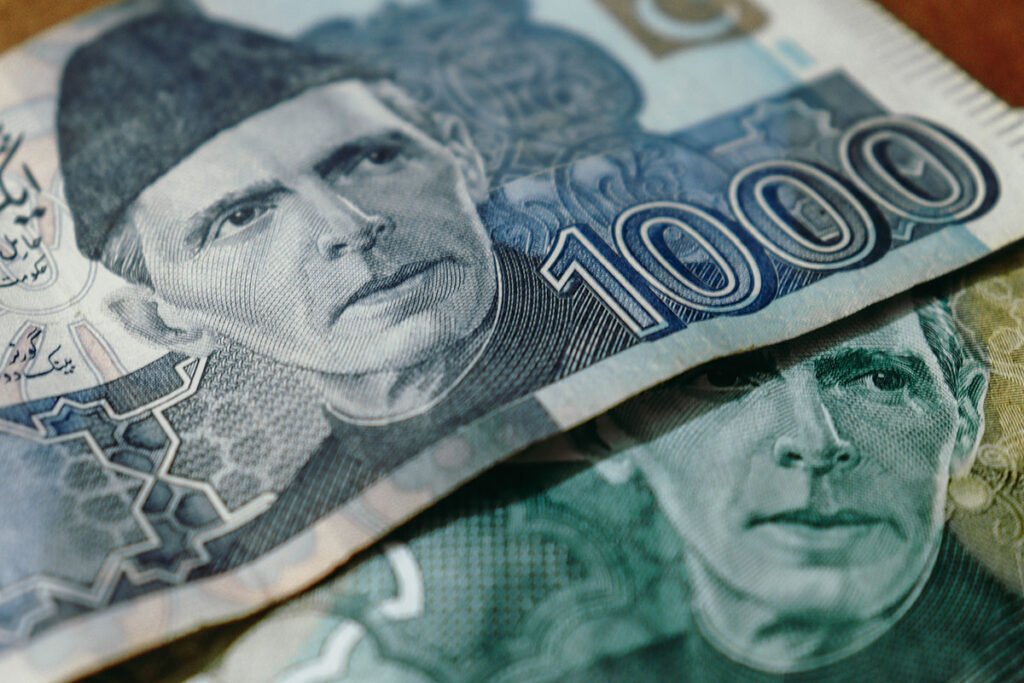Pakistan’s central bank has ordered foreign exchange dealers to process all foreign currency sales for residents exclusively through account-to-account digital transfers, part of a wider effort to promote a cashless economy and tighten oversight of money flows, according to a Bloomberg report.
The State Bank of Pakistan (SBP) issued the directive on Friday (14 November 2025), saying the change is intended to encourage digital payments and strengthen transparency in foreign exchange transactions. The decision comes as authorities work to stabilise the rupee and curb informal and cross-border currency trading.
The SBP has already introduced several measures to restrict illegal forex activity, including requiring local banks to set up their own exchange companies. The Pakistani rupee has firmed against the dollar in recent months, supported by these regulatory efforts.
It is believed that the central bank’s action will discourage hoarding of foreign currencies and help authorities keep track of currency movement.
Currency in circulation accounted for about 26 per cent of total money supply as of June, according to SBP data.
The move follows reports that some Pakistanis were buying dollars on the open market and reselling them at a profit in the crypto market, where rates are higher, said Malik Bostan, chairman of the Exchange Companies Association of Pakistan. Exchange dealers have sold about $1 billion to local customers over the past year, he added.
The timing of the SBP’s decision also aligns with the government’s plans to lift restrictions on cryptocurrency trading. A draft law regulating the sector has been submitted to parliament for review.
Analysts say the new digital-only rule will enhance the central bank’s ability to trace transactions, discourage speculative activity and support Pakistan’s efforts to modernise its financial system and attract greater foreign investment.







